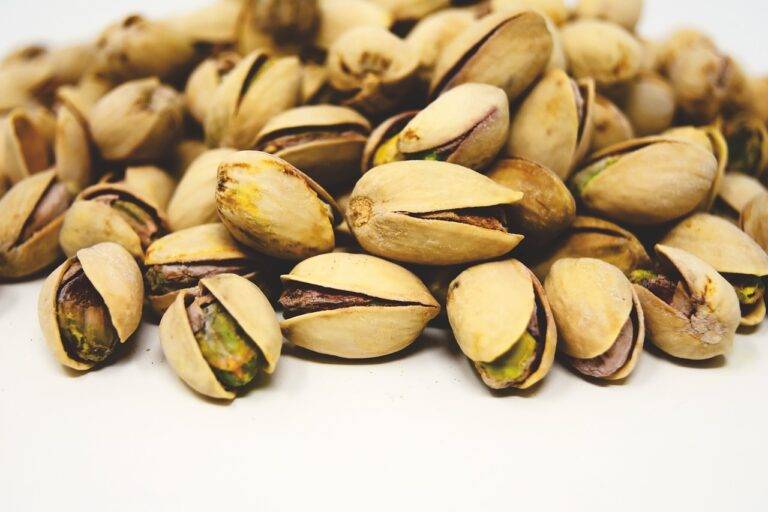The Surprising Health Benefits of Fermented Foods: Boosting Digestion and Immunity Naturally.
Fermentation is a natural process where microorganisms such as bacteria, yeast, or mold break down sugars and carbohydrates in food. This transformation results in the production of compounds like organic acids, gases, or alcohol, which not only enhance flavors but also contribute to the preservation of the food. Through fermentation, nutrients in the food become more bioavailable and easier for our bodies to digest and absorb.
The microbes involved in fermentation play a crucial role in this process by converting sugars into energy for their own growth and producing byproducts that alter the taste, texture, and nutritional profile of the food. The controlled environment of fermentation allows specific microbial strains to thrive, creating a unique end product with distinct characteristics. Additionally, fermentation can increase the shelf life of foods, reducing the risk of spoilage and providing a sustainable method of food preservation.
How Fermented Foods Improve Gut Health
Fermented foods have gained popularity due to their potential benefits for gut health. The process of fermentation involves beneficial bacteria breaking down sugars and starches in foods, producing compounds like lactic acid that can support a healthy gut environment. These fermented foods, such as yogurt, kimchi, and kefir, can introduce a diverse range of probiotics into the gut, promoting a balanced microbiome.
A flourishing gut microbiome is essential for overall health, as it is linked to various aspects of well-being, including digestion, immune function, and even mental health. Consuming fermented foods can help enhance the diversity and abundance of beneficial bacteria in the gut, which in turn can improve digestion and nutrient absorption. Additionally, the probiotics found in fermented foods can help reduce inflammation in the gut and strengthen the intestinal barrier, potentially lowering the risk of gastrointestinal issues and promoting overall gut health.
What is fermentation?
Fermentation is a metabolic process where microorganisms, such as bacteria and yeast, break down sugars in food into acids, gases, or alcohol.
How does fermentation improve gut health?
Fermented foods contain probiotics, which are beneficial bacteria that can help improve the balance of gut microbiota, leading to better digestion and immune function.
What are some examples of fermented foods?
Examples of fermented foods include yogurt, sauerkraut, kimchi, kefir, kombucha, and miso.
How do fermented foods support a healthy gut microbiome?
Fermented foods introduce beneficial bacteria into the gut, which can help to diversify and strengthen the microbiome, improving overall gut health.
Are there any risks associated with consuming fermented foods?
While fermented foods are generally safe to consume, individuals with compromised immune systems or certain health conditions should consult with a healthcare provider before consuming large amounts of fermented foods.





